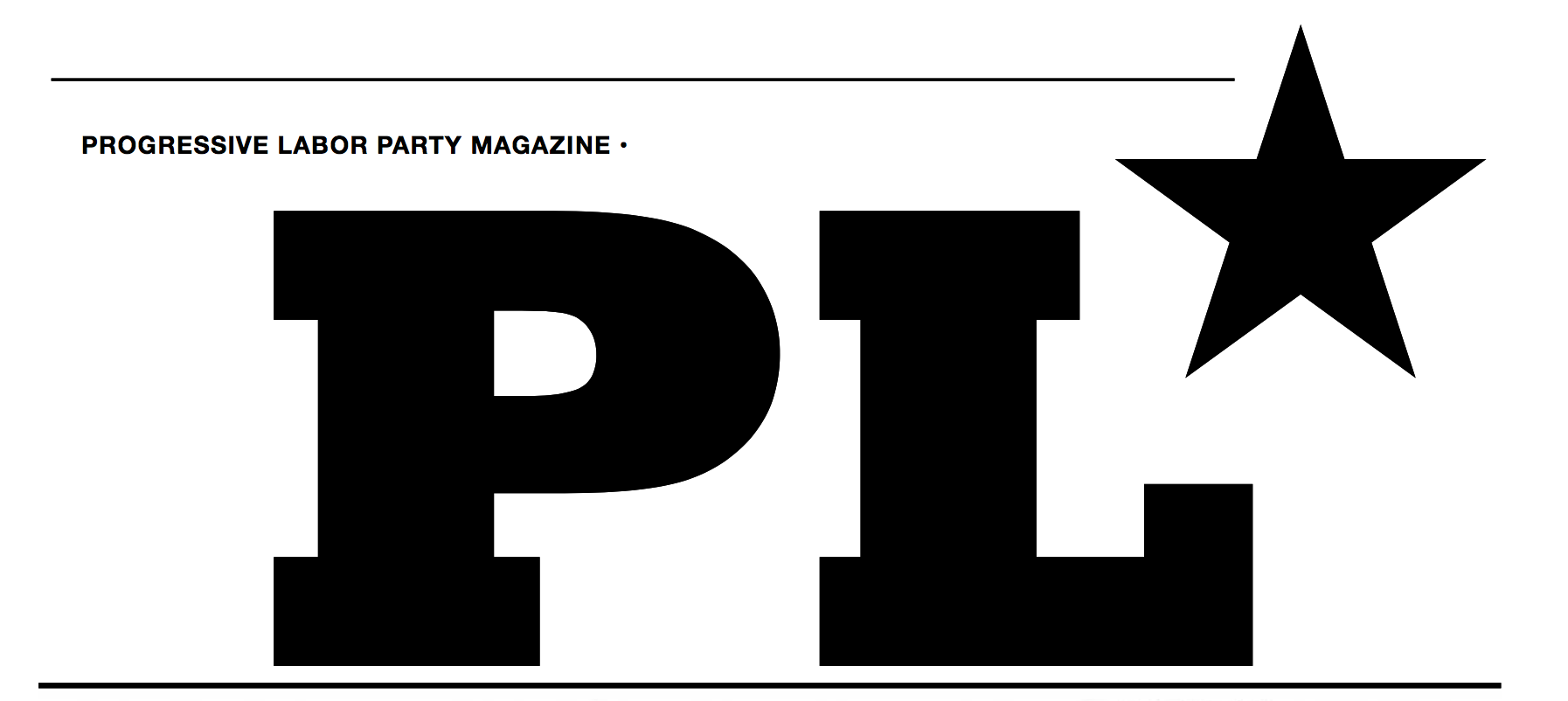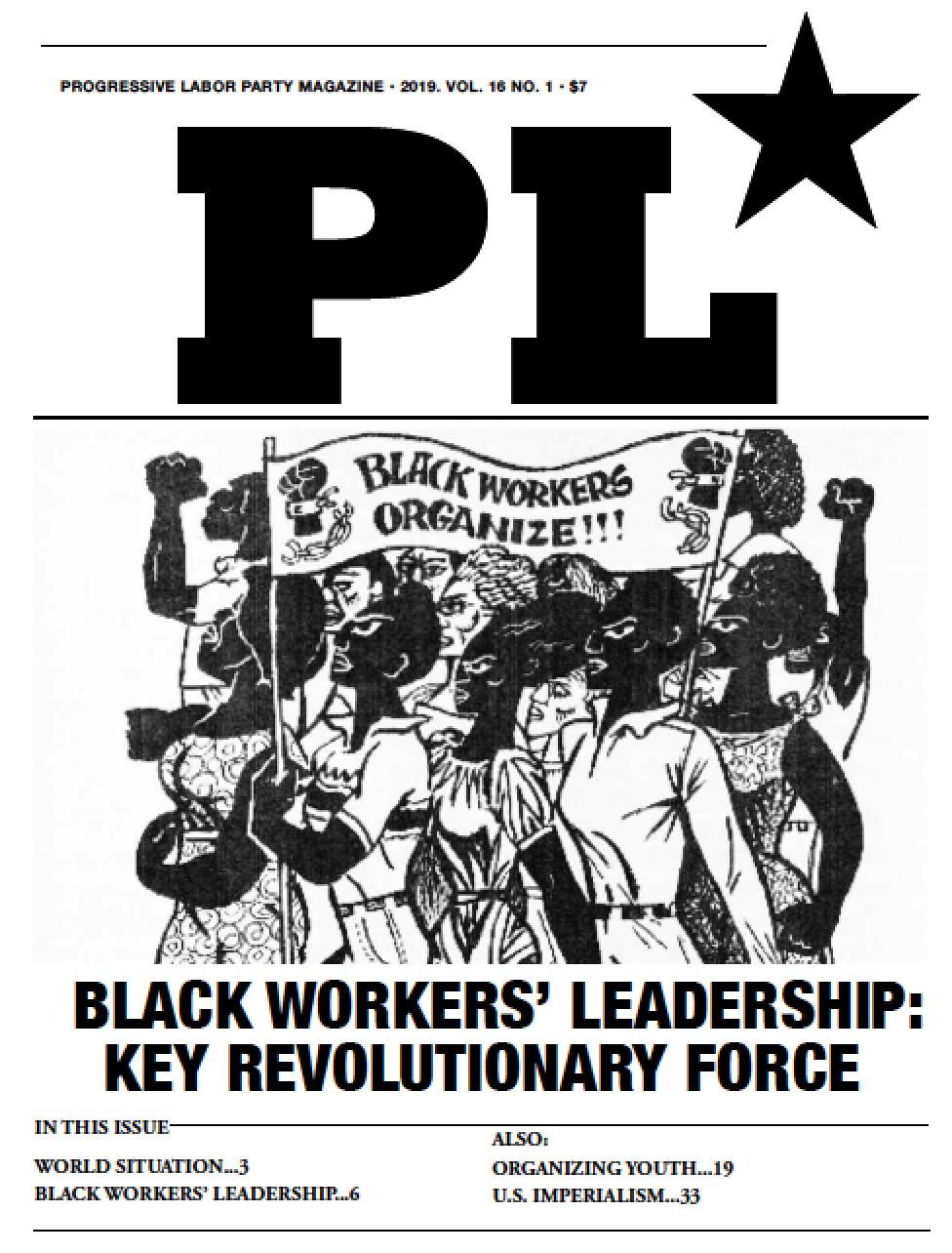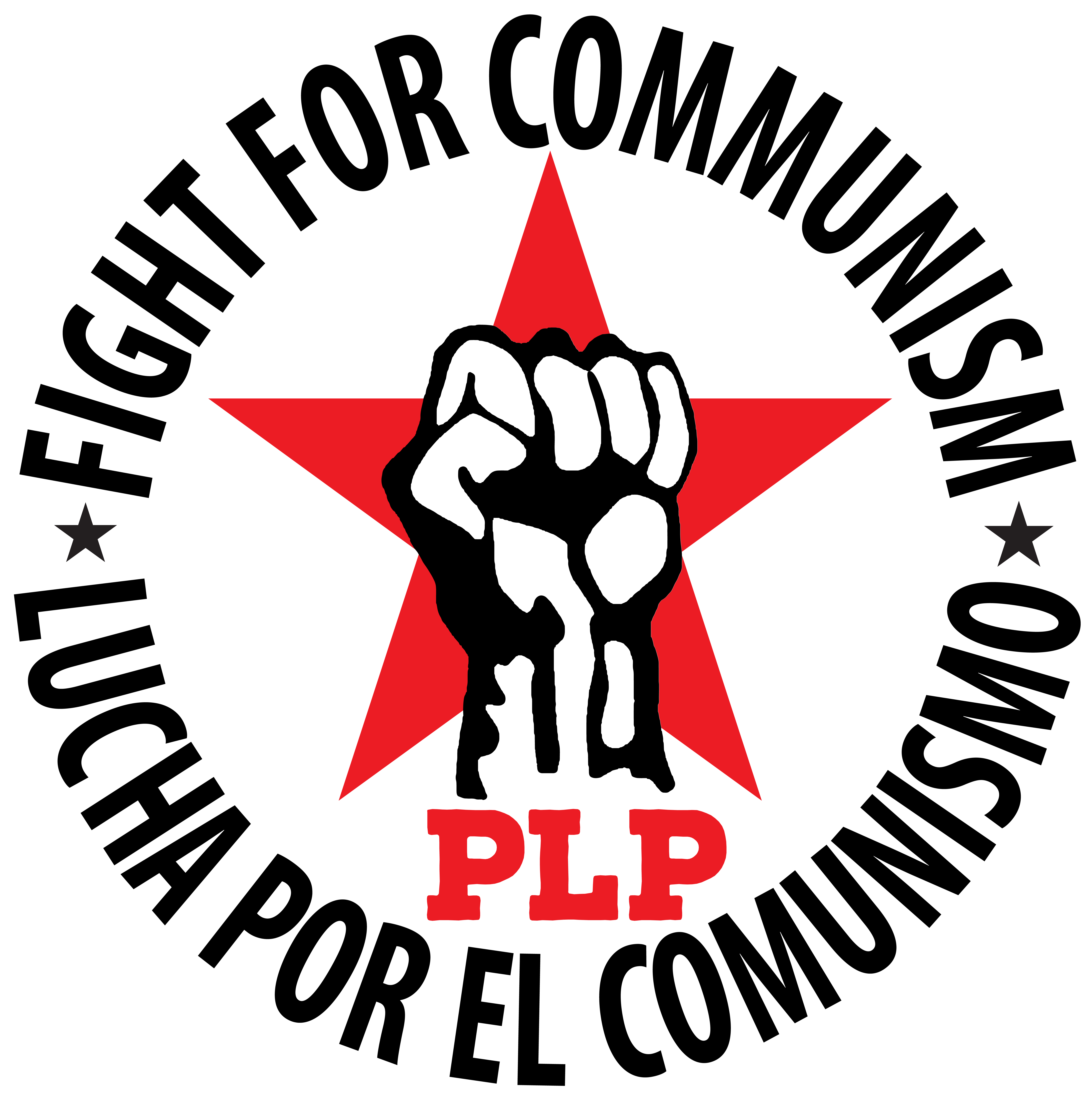Communist ideas made Red Army’s victory possible
 Saturday, February 18, 2023 at 7:29PM
Saturday, February 18, 2023 at 7:29PM  February 2023 marks the 80th anniversary of the defeat at Stalingrad of the German Nazis and their allies by the Red Army of the Soviet Union. While the communists of the Soviet Union appealed to nationalism during World War II with their slogan to Defend the Motherland, Stalingrad was a victory for the international working class. This communist victory over the Nazis was the turning point of WWII and it sparked an increase of worldwide resistance to the Nazis.
February 2023 marks the 80th anniversary of the defeat at Stalingrad of the German Nazis and their allies by the Red Army of the Soviet Union. While the communists of the Soviet Union appealed to nationalism during World War II with their slogan to Defend the Motherland, Stalingrad was a victory for the international working class. This communist victory over the Nazis was the turning point of WWII and it sparked an increase of worldwide resistance to the Nazis.
In 2012, the German magazine Der Spiegel published a commentary by journalist Michael Sontheimer about the then-new book by German-American professor Jochen Hellbeck, The Stalingrad Protocols (in German, Die Stalingrad-Protokolle). Hellbeck also wrote a follow-up book in 2015 called Stalingrad: The City That Defeated the Third Reich.
Hellbeck’s book “provides the first precise account of the battle of Stalingrad from the perspective of ordinary soldiers.” The following shows how the communist ideas of a “political officer” and morale building made the Red Army’s victory at Stalingrad possible. In the fight against fascism, political unity was paramount.
Unlike how capitalist militaries view soldiers—as cannon fodder to fight and die in the bosses’ wars—communists view soldiers as thinking and feeling beings who have the potential for political consciousness and the ability to run the world.
Below are excerpts from the Spiegel article:
Hellbeck’s discoveries in the former Soviet archives completely undermine the argument -- put forward by the Nazis and repeated by the West during the Cold War -- that the Red Army soldiers only fought so fiercely because they would have otherwise been shot by members of the secret police. A few were shot for cowardice. But Soviet soldiers' willingness to make sacrifices could not be attributed to such repressive measures.
A key role was played by so-called “political officers,” who repeatedly assured the enlisted men that they were risking their lives for their people's freedom. They endeavored to motivate the soldiers and address their concerns to boost their fighting morale.
The interviews also show that devoted Communists felt that they had to play a leading role everywhere. Brigade Commissar Vasilyev said: “It was viewed as a disgrace if a Communist was not the first to lead the soldiers into battle.” At the front in Stalingrad, the number of card-carrying party members rose between August and October 1942 from 28,500 to 53,500.
“The Red Army was a political army,” says historian Hellbeck.
Role of the ‘Politruks’
The Red Army had a politruk, a political officer whose role was seen as important as a unit commander. One was assigned in every unit. The political officer was in charge of the political education and morale of the soldiers.
In addition to lecturing the soldiers on the wartime situation, the political officers engaged them in personal conversations. “At night,” said Lieutenant Colonel Yakov Dubrovsky, “the fighters are more inclined to speak openly, and one can crawl inside their souls.”
Battalion Commissar Pyotr Molchanov added: “A soldier is stuck in the trenches for an entire month. He doesn't see anyone aside from his neighbor, and suddenly the commissar approaches him, tells him something, says a friendly word to him, greets him. This is of enormous importance.”
The political officers occasionally also distributed chocolate and mandarins to the demoralized comrades. One of them, Izer Ayzenberg, from the 38th rifle division, used to tour the trenches with his “agitation suitcase.” Aside from brochures and books, it contained games like checkers and dominoes.
The aim was for the soldiers to [not be] driven by fear, but instead to use their political awareness to overcome [wartime] distress. Consequently, the Communists saw it as a sign of weakness when captured German soldiers described themselves as apolitical. In their opinion, the true will to win could only be developed by those who believed they served a higher purpose.
Hellbeck’s book makes it clear that it was their communist ideology that made the Red Army unbeatable. Political training was more important than just military training by itself. Winning the hearts and minds of workers is a lifelong battle. Our ideas and communist consciousness are powerful weapons against the oppression of capitalism.
In today’s 2023 world where war between imperialists is on the horizon, it is important to bear in mind the potential for soldiers to become politically conscious and turn the guns around. Organizing for revolution means educating masses soldiers—and workers and students—with communist ideas.
Stalingrad struck like a thunderbolt
In an extensively researched article (nationalww2museum.org, January 31, 2023) contributor Jason Dawsey writes the victory at Stalingrad “struck the rest of Europe, indeed the globe, like a thunderbolt.” Dawsey then makes an impressive list of the international effects of Stalingrad. The communists of the Soviet Union did not have to appeal to nationalism. Workers everywhere, with their actions, were embracing communist internationalism.
Here is just a glimpse of what Stalingrad meant to the international working class: At the beginning of the Battle in September of 1942, the New York Times writes that if the Soviets win, “the event could mean the turning of the tide not only in Russia but all over the world.”
In Italy, workers at a Fiat factory went on strike a month after the Nazis are defeated at Stalingrad. The strike spreads to the railroads and to other factories. Accounts spread that Joseph Stalin is soon to arrive in Italy.
For the French resistance “a new optimism was unleashed by the victory at Stalingrad.”
In the Netherlands in April and May “more than 500,000 participated in a strike against the conscription of workers” by the Nazis. “…in Denmark, Stalingrad provided new impetus for individuals to more directly resist. Attacks by Danish resisters almost doubled” in the months after Stalingrad.
A pro communist neighborhood in Athens, Greece became known as “Little Stalingrad.” For Jewish workers hiding in the Lvov Ghetto the victory at Stalingrad “was truly a reason to celebrate.” Dawsey summarizes: “The Red Army’s achievement in 1942-43 …This monumental success on the Russian battlefield stirred expectations among resistance fighters in country after country suffering under Nazi or collaborationist rule. Hundreds of thousands would eventually join the struggle against Hitler.”





 Progressive Labor Party (PLP) fights to destroy capitalism and the dictatorship of the capitalist class. We organize workers, soldiers and youth into a revolutionary movement for communism.
Progressive Labor Party (PLP) fights to destroy capitalism and the dictatorship of the capitalist class. We organize workers, soldiers and youth into a revolutionary movement for communism.




Reader Comments